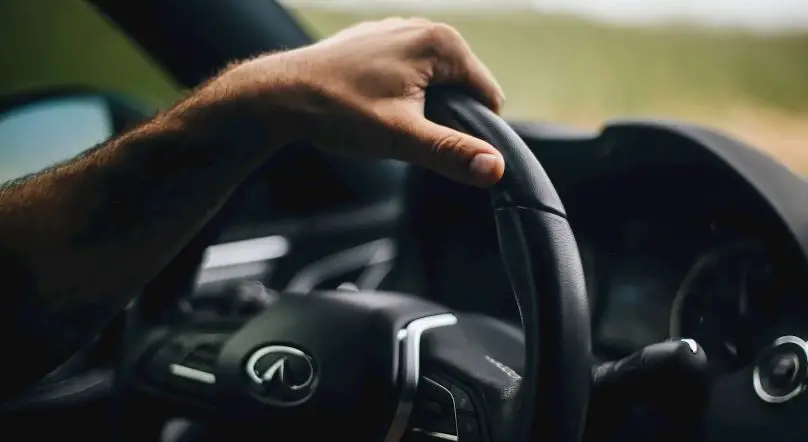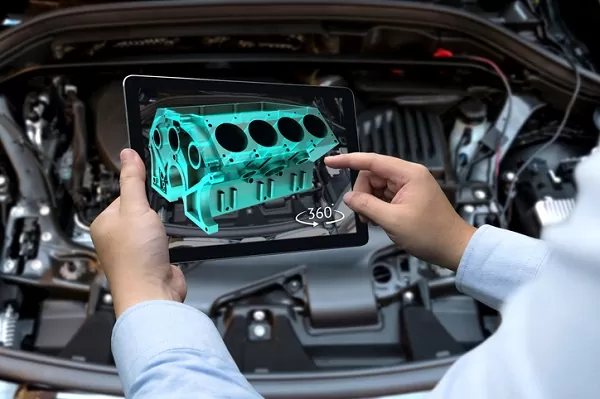Driving is a crucial part of our daily lives, but for some people, it can be quite overwhelming if they struggle with nervousness or anxiety. The fear of getting into a car accident, losing control, or facing difficult driving situations can make it hard for them to drive confidently. However, by figuring out what causes this anxiety and using helpful strategies to cope with it, individuals can regain their confidence and feel more in control when driving.
Common Causes of Driving Anxiety
Some of the common causes of driving anxiety include:
- The fear of accidents or losing control: Thinking that an accident might happen or losing control of the vehicle is a major cause of driving anxiety.
- Not knowing the roads or traffic conditions: Feeling unsure about navigating unfamiliar roads or dealing with heavy traffic can increase anxiety.
- Driving in tough situations: Driving on highways, through busy city areas, or in bad weather can make anxiety worse.
- Negative past driving experiences: If you’ve had accidents before, close calls, or other traumatic driving events, it can contribute to anxiety.
- Underlying anxiety disorders: People with generalized anxiety disorders or social anxiety disorder may be more likely to experience driving anxiety.
Ways to Manage Driving Anxiety
Thankfully, there are various effective strategies to help people cope with driving anxiety and regain their confidence on the road. According to the car accident attorneys at We Win Injury Law, these strategies can be grouped into relaxation techniques, cognitive approaches, and exposure therapy.
Relaxation Techniques
Deep Breathing Exercises: Taking slow and deep breaths activates the parasympathetic nervous system, promoting relaxation and reducing anxiety.
Progressive Muscle Relaxation: Tensing and then relaxing different muscle groups can relieve physical tension and symptoms of anxiety.
Mindfulness Practices: Concentrating on the present moment, and recognizing thoughts and feelings without judgment, can decrease anxiety and enhance focus.
Cognitive Strategies
Challenging Negative Thoughts: Recognizing and replacing anxious thoughts with rational and positive ones can change the emotional reaction to driving.
Focusing on the Present Moment: Concentrating on the current driving situation instead of dwelling on past experiences or future concerns can lessen anxiety.
Controlling What You Can: Acknowledging and accepting things beyond your control, like the behavior of other drivers, can decrease feelings of helplessness.
Exposure Therapy
Gradual Exposure: Slowly facing feared driving situations in a controlled environment can help reduce anxiety over time.
Start Small: Begin with less anxiety-inducing scenarios, like driving in familiar neighborhoods, and gradually increase the challenge.
Seek Support: Think about driving with a trusted companion or getting guidance from a driving instructor or therapist.
For a smoother ride, it’s beneficial to plan your route by familiarizing yourself with the roads and steering clear of unfamiliar or challenging routes initially. Minimize stress by avoiding peak traffic hours, opt for driving with a trusted companion to provide support and reduce anxiety, incorporate calming music to diminish distractions and promote relaxation, and remember to acknowledge and reward successful driving experiences as a positive reinforcement strategy.
Feeling anxious about driving is quite normal, and it doesn’t have to feel like an impossible challenge. By figuring out why you feel this way and using helpful strategies, you can regain your confidence and drive more comfortably. It’s important to know that you’re not alone in this experience. Reach out to your loved ones, professionals, and fellow drivers for support as you work towards having calmer and more relaxed driving experiences.






